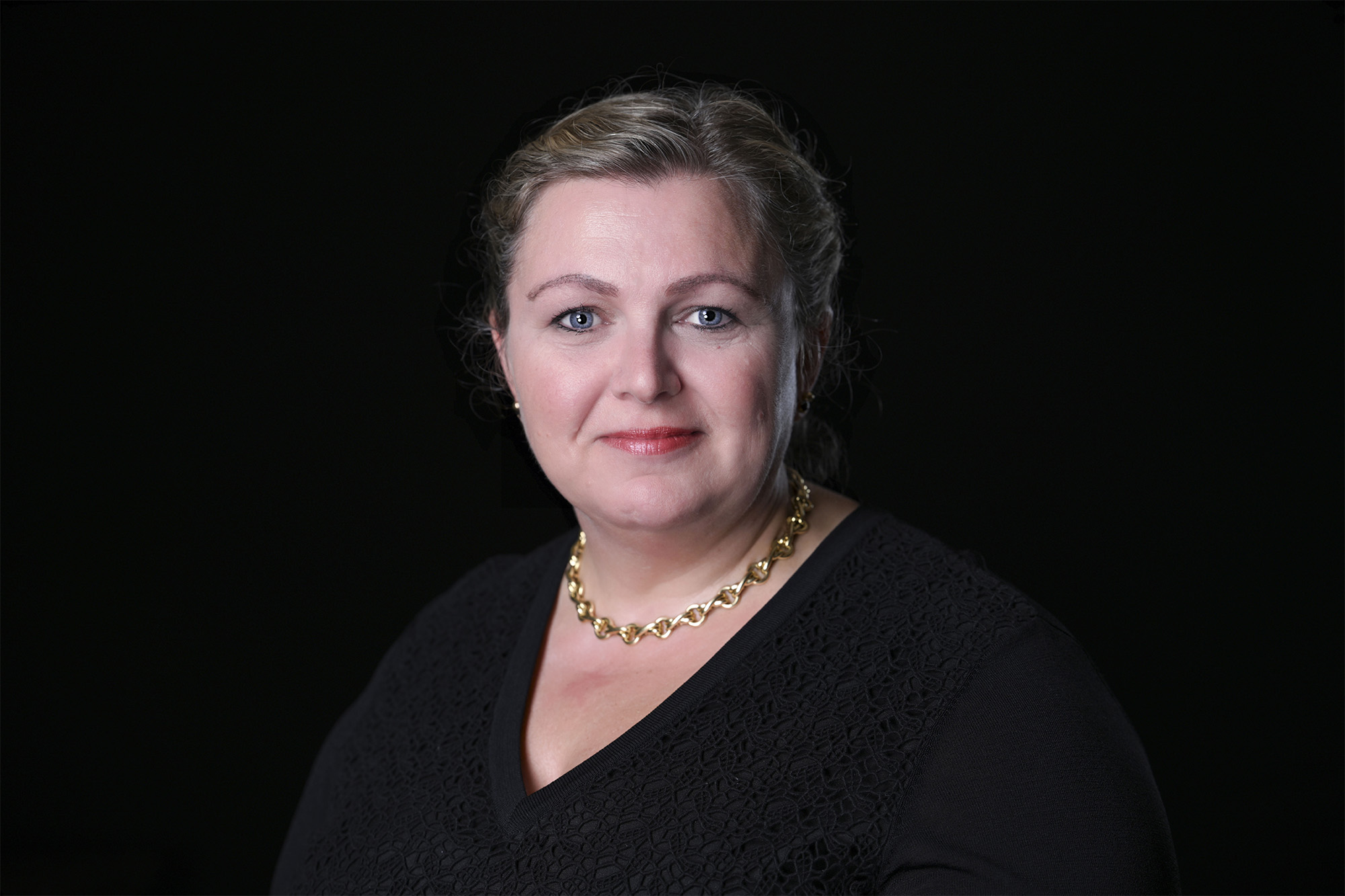Written by Rosamond McDowell
In the midst of the debate and discussions surrounding the Assisted Dying Bill, which passed a vote in Parliament, on a free vote, on Friday 29 November 2024, the tragic and painful stories and the emotion, and the hushed and respectful debate in Parliament, the comment I have heard most often is how, in considering enacting into law a way of ending legitimately a life that is already terminal, we are potentially having the wrong conversation, that the art of dying well is predicated on having mastered the art of living well.
Into that conversation, we at Payne Hicks Beach, with no foreknowledge of how timely it would be, have invited clients and contacts on 4 December to come and hear some famous personalities, well known to the firm, in conversation in word and song on the themes of life, death and growing old (dis-) gracefully. The theme relates directly to the work we do as a Private Client team, where we are consistently inviting clients, young and old alike, to consider not only their testamentary planning, but also their lifetime planning, their provision for families and loved ones.
Over my years in practice, I have seen situations where families are living with harboured grudges, where unnecessarily complicated tax planning or mitigation structures have tied assets or estates up in impossible knots, or conversely where insufficient attention has been paid to inheritance tax, which then lands unforeseen like the proverbial unwelcome guest at the post-death dinner party. I have seen the mayhem that can result from a badly drafted Will, and in the multi-cultural melting pot of the UK, I have seen families torn apart by anger, envy, greed and resentment, at parental imposition of their own cultural norms, ignoring the reality that their children have grown up in a free country, expecting the principal of equality to prevail. I have watched clients seeing their inheritances being decimated and disappearing before their very eyes in a bewildering mess of cross-jurisdictional conflicts of laws. I have seen the unbearable awkwardness of children effectively disinherited by parents entering into second marriages, and failing adequately to think through the consequences. Worst of all, time and time again I have seen children taking advantage of aging parents, in the mistaken belief that inheritance of their estates is a right, and tax mitigation a duty, and I have seen elderly people with failing capacity at the mercy of those who value them only for what they will receive when they are gone.
These are the kinds of situations that we see day to day in our work advising clients, and these are the kinds of situations that we will do everything in our power to help our clients to avoid. It is facile to say, but nonetheless worth saying, that a well-planned and structured Will, that carefully thought through and executed lifetime planning, and good thorough advice, can avoid or mitigate any number of problems. Indeed, I have heard it suggested (not least by one of our speakers on 4 December) that testators should be thinking about making two testamentary dispositions; the first, a Will in which they deal with their worldly assets, possessions and estate, and the second, perhaps the more important of the two, in which they impart to their loved ones their values, their hopes, their intentions, their love. Arguably, of course, if a person’s Will is the first occasion on which these things are imparted, it is too late. “Tell me how he died” is a pointless request, in that sense. The important information is in knowing how someone lived.
It goes without saying that none of these things can obviate the pain or the grief of losing a loved one, but, as another of our speakers is wont to say, one of the answers to grief is good communication. We should all be living each day as though it were our last, as though we would be remembered entirely for what happens in that day. Most importantly, a deep and constructive understanding of our own mortality should inform how we live. Even SKIing (spending your kids’ inheritance), not as a bumper sticker but as a conversation about values, hopes and intentions, can inform and enhance relationships both during a person’s lifetime and beyond it. Who could possibly resent their parents growing old disgracefully, if the consequence is a head and a heart full of wonderful memories of incalculable worth.
A final word on the Assisted Dying Bill: There is a long way to go before the Bill becomes settled law, but the one thing that the Bill has done for this nation is to open a gateway into a conversation that was entirely necessary, about how we properly value our lives, and prepare for our deaths, how we offer compassion to those whose lives are drawing to an end, and honour them when they are gone. Because the right response to the question: ‘Tell me how he died’ has always got to be: ‘I will tell you how he lived’.





